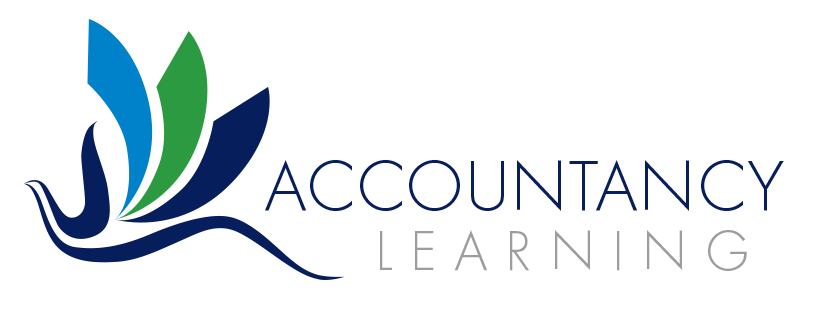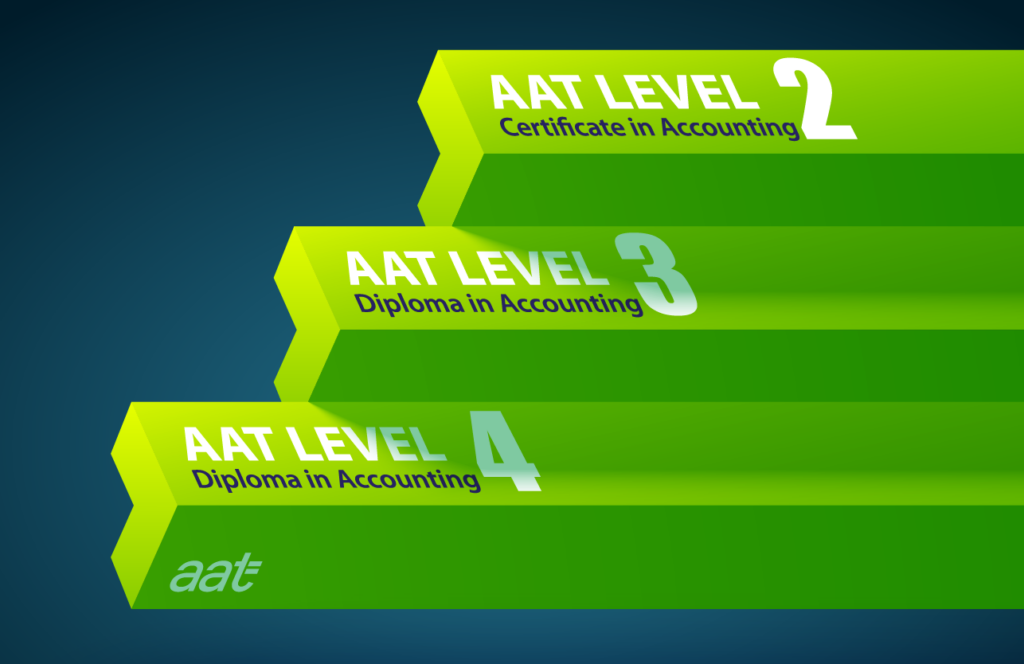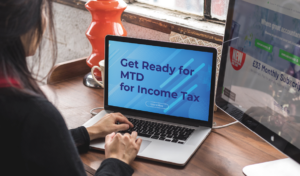If you’ve been contemplating a career in accountancy, then chances are you’ve come across the AAT Qualification. While it might sound like a mysterious code or a particularly exciting pub quiz question (spoiler: it’s neither), the AAT Qualification is actually a fantastic starting point for anyone looking to break into the world of finance. Whether you’re fresh out of school, looking to change careers, or just want to impress your friends with your knowledge of balance sheets, the AAT Qualification has something to offer.
So, what exactly is the AAT Qualification, and why should you care? Let’s break it down in a way that even your non-accountant friends will understand.
What is the AAT Qualification?
First things first: AAT stands for the Association of Accounting Technicians. It’s one of the UK’s most well-regarded professional bodies for accounting and finance staff. The AAT Qualification is a practical and highly respected credential that equips you with the skills needed to excel in various accounting roles. In other words, it’s your golden ticket to a career filled with numbers, spreadsheets, and (hopefully) not too many headaches.
But here’s the kicker: you don’t need to have any prior experience in accountancy to start your AAT journey. Whether you’re a complete beginner or already working in the field, the AAT Qualification caters to all levels. In fact, it’s divided into three main levels—so you can start at the right place for you.
The Three Levels of AAT Qualification: Like Stepping Stones, but with More Numbers
Think of the AAT Qualification as a three-course meal: you start with the appetiser (Level 2), move on to the main course (Level 3), and finish with the dessert (Level 4). Each level builds on the one before it, so you’ll go from “I know what a spreadsheet is” to “I can confidently handle complex financial transactions” in no time. Well, a bit of time… but you get the point.
Here’s a closer look at what each level entails:
AAT Level 2 Certificate in Accounting
Aimed at beginners, Level 2 is the perfect starting point if you’re new to accountancy. You’ll cover the basics, such as:
Bookkeeping (two exams):
- double entry bookkeeping, (manual as well as digital bookkeeping systems) including the associated documents and processes
- using control accounts, preparing bank reconciliations and producing trial balances
- using double entry journals
Costing:
- understanding cost recording systems and techniques
- prepare information on actual and budgeted sot and income
- tools and techniques for cost calculations
Business Environment:
- principles of contract law, CSR, ethics and sustainability
- understanding the different types of business entity and the finance function within an organisation
- communication and the importance of information to business operations
This level lays the groundwork and is essential for anyone without prior experience or qualifications in accounting. It ensures you have a solid grasp of the fundamentals before moving on to more complex topics.
AAT Level 3 Diploma in Accounting
Once you’ve mastered the basics, it’s time to step up your game with Level 3. Here, you’ll dive into more advanced topics, which include:
Financial Accounting:
- producing statements of profit or loss and statements for financial position for sole traders and partnerships
- dealing with acquisition and disposal of non-current assets
- dealing with depreciation and period end adjustments
Management Accounting:
- understanding the purpose and use of management accounting within organisations, and understanding the principles of cash management
- attributing costs according to organisational requirements and investigating deviations from budgets
- using spreadsheet techniques to provide management accounting information
Tax Processes for Businesses:
- calculating VAT and understanding VAT legislation requirements
- reviewing and verifying VAT returns
- Understanding principles pf payroll and reporting information within the organisation
Business Awareness:
- understanding business types, structure, governance and the legal framework in which they operate
- understanding and complying with the principles of professional ethics
- understanding the impact of new technologies and data security risks
This level will take your knowledge to the next stage, building your skills and confidence for handling a broader range of financial scenarios. It’s designed for those who already have a foundational understanding of accounting.
AAT Level 4 Diploma in Accounting
Level 4 is where things get serious. This is the level that prepares you for higher-level roles, such as an accountant, finance officer, or even an accounting supervisor.
You’ll tackle more complex accounting processes, including:
Drafting and Interpreting Financial Statements:
- drafting the financial statements for single limited companies and consolidating financial statements for groups of companies
- interpret financial statements using ratio analysis
- understanding the reporting frameworks that underpin financial reporting
Applied Management Accounting:
- prepare budgets and then identify and report to key stakeholders on areas of success as well as those of concern
- using internal processes to enhance operational control
- using techniques to aid short-term and long-term decision making
Internal Accounting Systems and Controls:
- understand the role and responsibilities of the accounting function within an organisation
- evaluate internal control systems and an organisation’s accounting system (and underpinning procedures)
- understanding the impact of technology on accounting systems and recommending improvements
You’ll also need to sit two of following five optional units (exams) to complete the Level 4 qualification: Business Tax, Personal Tax, Audit and Assurance, Cash and Financial Management, Credit and Debt Management.
Completing this level qualifies you for full AAT membership and entitles you to apply for the coveted “MAAT” designation after your name. If that’s not worth celebrating with a cup of tea (or something stronger), we don’t know what is.
How Does the AAT Qualification Compare to Other Accounting Qualifications?
Now, you might be wondering, “Is the AAT Qualification enough to land me a top job in accounting?” Well, it depends on your career goals. The AAT Qualification is an excellent way to build a solid foundation in accounting, but if you have aspirations of becoming a chartered accountant, you’ll likely need to pursue further qualifications, such as ACCA, CIMA, or ICAEW.
Think of the AAT Qualification as the sturdy, dependable family car: it gets you where you need to go, it’s reliable, and it won’t break the bank. But if you’re dreaming of becoming the Lewis Hamilton of the accounting world, you might need to upgrade to something a bit flashier down the line.
That said, the AAT Qualification can still open many doors, and plenty of people have built highly successful careers based solely on their AAT credentials. So, whether you want to stick with AAT or take your studies further, the choice is yours.
Why Choose the AAT Qualification?
Aside from its practical nature and flexibility, the AAT Qualification is also widely recognised by employers. It’s a brilliant way to get your foot in the door, especially if you’re looking to work in roles like accounts assistant, finance officer, or payroll administrator. Plus, the AAT Qualification is globally recognised, so if you ever fancy a change of scenery, your skills will still be in demand.
And if that wasn’t enough, AAT qualifications can be studied part-time, making them ideal for people juggling work, family, and that ever-elusive thing called a social life.
Ready to Get Started?
If you’re ready to embark on your AAT journey, there’s no better place to start than with us at Accountancy Learning. We offer a wide range of AAT courses across all three levels, with flexible study options to suit your lifestyle. Whether you want to study online or benefit from a more structured programme, we’ve got you covered.
Head over to our Accountancy Learning Courses page to explore the full details and find the perfect course for you. And of course, if you have any questions, we’re always happy to help you figure out the best route for your career. Just be prepared for the occasional accounting pun. (You’ve been warned.)
Contact us
Phone: 01392 435349
Email: [email protected]
Let’s crunch some numbers together!






